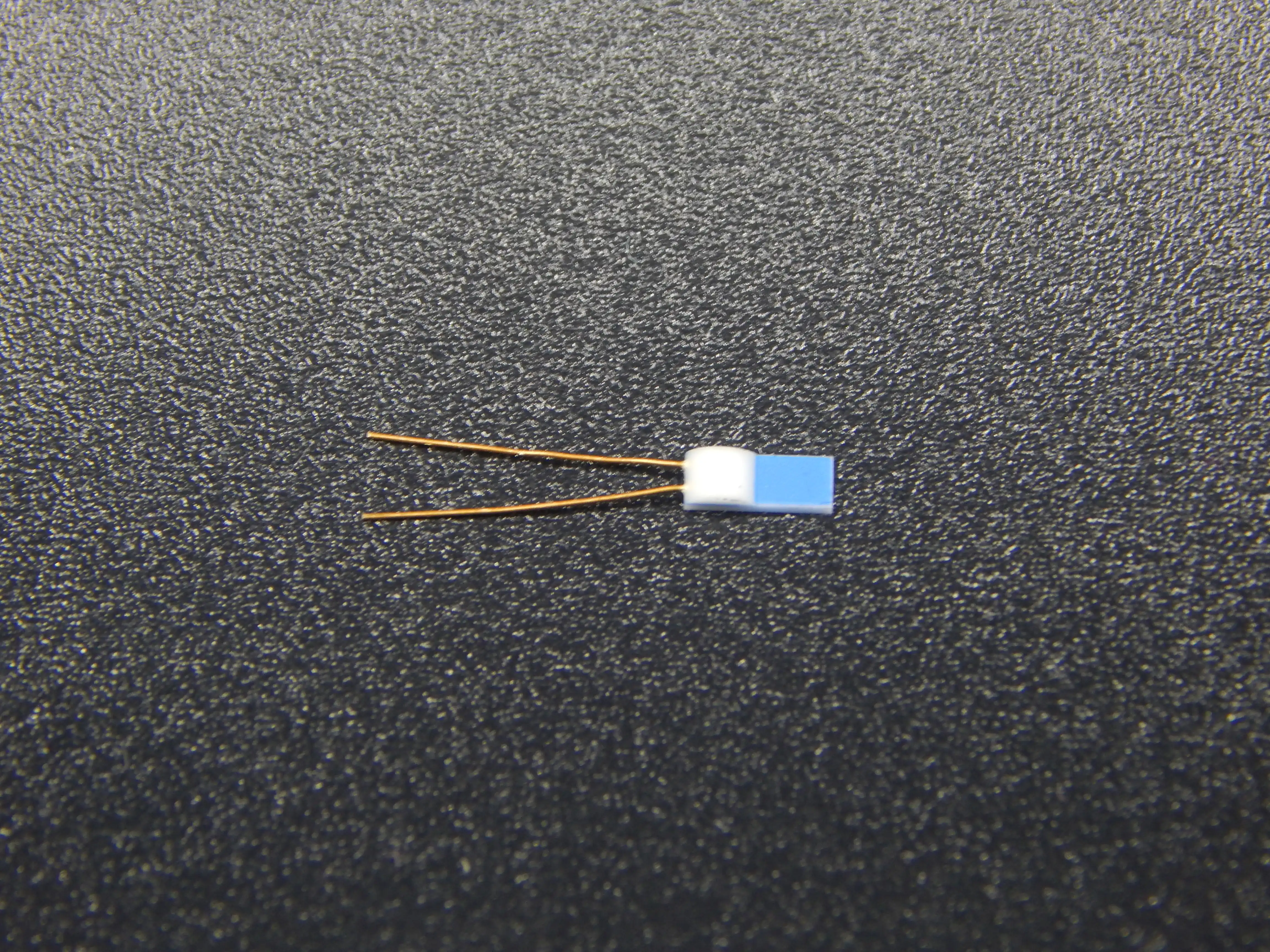Technical Information from Testemp Ltd > Resistance Thermometers RTD
We manufacture and distribute a wide range of temperature sensors throughout the UK.
Please feel free to contact us on +44 (0) 1903 714140 for any questions about our products.
Alternatively you can email sales@testemp.co.uk or fax +44 (0) 1903 717435.
Resistance Thermometers RTD

Basic principle
Resistance thermometers are a traditional method of precision temperature measurement, and work on the principle of increase of resistance of a metal with increasing temperature. By far the most widely used material for this purpose is platinum, which is usually employed as a fine wire embedded in ceramic or glass, or as a thin film deposited on a ceramic substrate.
Standards
The most usual standard is Pt100 (100 ohms at 0°C), but several other standards are in use (e.g. 130 ohms at 0°C, 1000 ohms at 0°C).
Suitability for use in ambient temperature range
Resistance thermometers are available for measuring temperatures within the range –220°C to +850°C, and unlike thermocouples, they perform well in the ambient and blood temperature ranges.
Accuracy
Resistance thermometers are generally more accurate and stable than thermocouples. The accuracy depends upon the degree of precision in their manufacture.
Grade B, Grade A, Grade 1/3 B, Grade 1/5 B & Grade 1/10 B
Connection systems
Resistance thermometer assemblies are manufactured to suit four different connection systems:
2-wire, 3-wire, 4-wire current/voltage, and 4-wire blind loop. The 3- and 4-wire systems provide correction for the resistance of the leads. Most ordinary instruments with resistance thermometer input are intended for use with 3-wire sensors, but can be used with 2-wire sensors by shorting out one pair of terminals, although this will result in some loss of accuracy. Instruments designed for use with 4-wire sensors should be used with sensors of that type whenever possible.
Leadwire extension
Resistance thermometer leads can be extended using copper wire with appropriate insulation for the working conditions. Good quality electrical connectors and terminal blocks can be used in resistance thermometer circuits.
